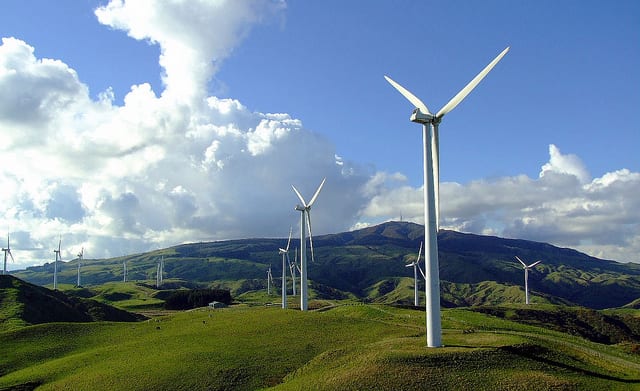 Image courtesy of Jondaar_1 on Flickr
Image courtesy of Jondaar_1 on Flickr
The IPCC’s Climate Change Report: Why Should We Care?
The U.N.’s Intergovernmental Panel on Climate Change (IPCC) released a new climate change assessment this past Sunday. The report cautions the world about potential negative impacts of rising global temperatures due to anthropogenic carbon emissions. The U.N. invited the IPCC to conduct the report after the 2015 Paris Climate Agreement, and their results were accepted this weekend. The IPCC found the world has even less time to mitigate the impacts of climate change than previously believed.
The IPCC reports that global temperatures have risen on average 1 degree Celsius since pre-industrial times. Within the last decade, specifically, the world has experienced new levels of catastrophic damage from climate change related events such as stronger and wetter hurricanes. The IPCC advises the current international effort from the Paris Climate Agreement to halt global temperatures from reaching 2 degrees C is not enough. Rather, the international community should focus their efforts to keep temperatures from reaching 1.5 degrees C instead.
To reach the new goal of 1.5 degrees C, the IPCC recommends global carbon emissions must be cut by 45% before 2030 and emissions should reach carbon zero by 2050. Their two biggest recommendations were for governments to incorporate heavy carbon taxes, as much as $27,000 per day, the implementation of renewable energy resources, and the complete phasing out of coal. By 2050, the IPCC recommends alternative energies should provide 70% of energy needs worldwide. But why are such drastic changes needed, and why should the international community care?
The IPCC has given the global community just over one decade to implement extreme carbon reduction policies for good reason. The research team estimates that without serious carbon reform, the world will begin to experience the extreme impacts of climate change as soon as 2040. If countries continue emitting carbon at the same rate as today, the global temperature is expected to increase to 2 degrees C as soon as 2040. If the Earth’s temperature rises to 2 degrees this would likely result in disastrous rising sea levels, increased drought or rainy periods, and the near complete die-off of all coral reefs. These events would most likely result in millions of displaces persons and extreme poverty rates.
The global community, including the United States, should heed the warnings of the IPCC and take serious steps to reduce carbon emissions. Even with current pledges to meet the goals of the Paris Climate Agreement, the world’s temperature is expected to rise to 3 degrees C by 2100. Behind China, the U.S. is the world’s second leading carbon emitter. This deems the U.S. responsible for reducing their emissions. It is time to start implementing policies to reduce carbon emissions before it is too late, and before the IPCC’s projections become reality.







